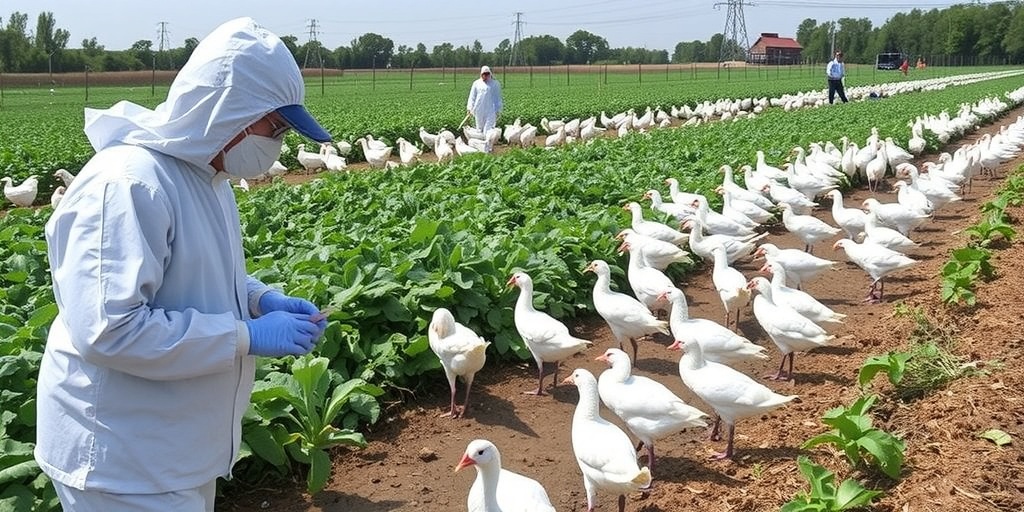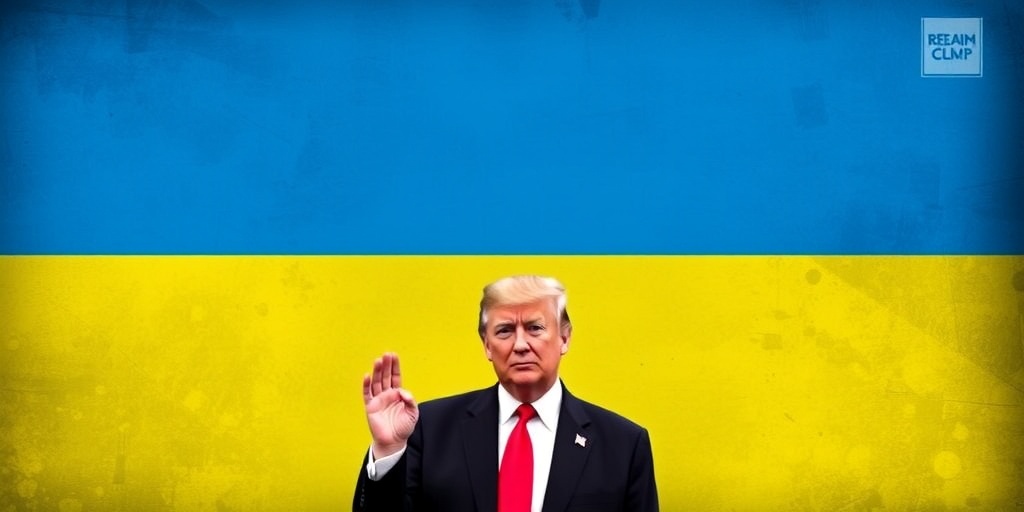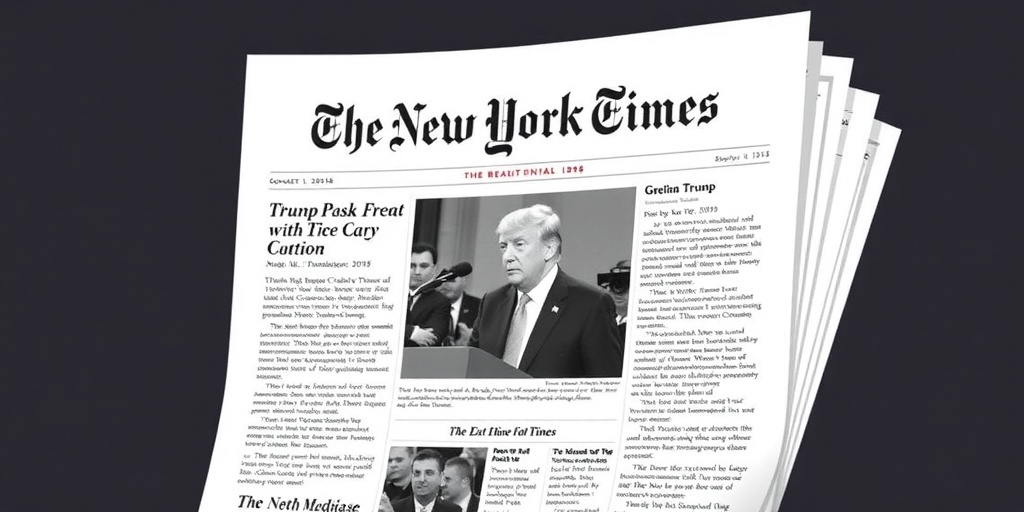Now Reading: Steve Witkoff, Trump’s Middle East Envoy, to Meet Netanyahu in Israel
-
01
Steve Witkoff, Trump’s Middle East Envoy, to Meet Netanyahu in Israel
Steve Witkoff, Trump’s Middle East Envoy, to Meet Netanyahu in Israel

Title: Trump’s Envoy to Discuss Ceasefire and Hostage Release with Netanyahu in Israel
In a significant diplomatic move, Steven Witkoff, President Trump’s designated envoy for the Middle East, is scheduled to meet with Israeli Prime Minister Benjamin Netanyahu on Wednesday. This meeting comes at a crucial time as negotiations intensify between Israeli and Hamas officials to solidify the recent ceasefire in Gaza, enabling further discussions on the exchange of hostages and Palestinian prisoners.
Witkoff’s visit underscores his pivotal role in negotiating the initial ceasefire agreement that took place before Trump’s inauguration. Working in conjunction with representatives from the Biden administration, Qatar, and Egypt, Witkoff played an instrumental part in navigating the complex dynamics that characterize the Israel-Hamas conflict. The ceasefire, now in its tenth day, has generally held, although both sides encountered challenges over the previous weekend.
The urgency for the talks stems from the ongoing humanitarian needs in Gaza and the pressing matter of hostages. Just last Saturday, Israeli officials announced restrictions on the movement of Palestinians to the northern region of Gaza. This decision was contingent on Hamas proposing a plan for the release of Arbel Yehud, one of the last civilian female hostages still being held in the territory. Israeli authorities indicated that the terms of the ceasefire necessitated Yehud’s release by Saturday, reflecting the delicate interplay between military action and diplomatic engagement.
Though tensions flared over the weekend, a breakthrough was reported the following day. Hamas confirmed that Yehud, along with other hostages, would be released this week, paving the way for Israel to allow displaced Palestinians to return to northern Gaza starting Monday. These developments have crucial implications for both humanitarian conditions and the ongoing negotiations aimed at cementing peace in the volatile region.
In addition to the high-level meeting with Netanyahu, Witkoff is expected to make a visit to the Gaza Strip. His trip includes participation in an inspection team set to assess conditions in two areas of the coastal enclave. During a recent interview with Fox News, Witkoff emphasized the importance of verifying the effective implementation of the agreed-upon terms of the ceasefire. “We have to make sure the implementation goes well,” he said, highlighting the need for oversight in a situation where mistrust is prevalent.
Further complicating the landscape is the potential for Witkoff to meet with officials from the Palestinian Authority in Ramallah. Such meetings could pave the way for improved relations and cooperation, although the PA’s influence over the territory is limited by ongoing Israeli military control. The dynamics between the various factions are crucial, as unity among Palestinian leaders may enhance their negotiating position with Israel.
Netanyahu’s office has confirmed that Trump has extended an invitation for the Israeli leader to visit the White House on February 4. The forthcoming visit would mark an important opportunity for the leaders to discuss the ongoing situation in Gaza, regional security issues, and strategies for future collaboration.
As diplomatic efforts unfold, the situation in Gaza remains a focus of international attention. The humanitarian crisis, exacerbated by ongoing conflicts, necessitates a thorough and cohesive approach from all stakeholders involved. The cooperation between the Trump administration and other Middle Eastern countries such as Qatar and Egypt illustrates the multifaceted nature of these negotiations, where historical grievances and modern political calculus intersect.
In summary, Witkoff’s scheduled meeting with Netanyahu is expected to be a pivotal moment in the ongoing efforts to maintain peace and ensure the safety of hostages. The developments in Gaza not only affect the immediate parties involved but also resonate with broader implications for regional stability and international diplomatic relations. As the situation evolves, the world watches closely, keenly aware of the fragile balance between conflict and resolution in one of the world’s most enduring crises.
Stay Informed With the Latest & Most Important News
Previous Post
Next Post
-
 01New technology breakthrough has everyone talking right now
01New technology breakthrough has everyone talking right now -
 02Unbelievable life hack everyone needs to try today
02Unbelievable life hack everyone needs to try today -
 03Fascinating discovery found buried deep beneath the ocean
03Fascinating discovery found buried deep beneath the ocean -
 04Man invents genius device that solves everyday problems
04Man invents genius device that solves everyday problems -
 05Shocking discovery that changes what we know forever
05Shocking discovery that changes what we know forever -
 06Internet goes wild over celebrity’s unexpected fashion choice
06Internet goes wild over celebrity’s unexpected fashion choice -
 07Rare animal sighting stuns scientists and wildlife lovers
07Rare animal sighting stuns scientists and wildlife lovers





















